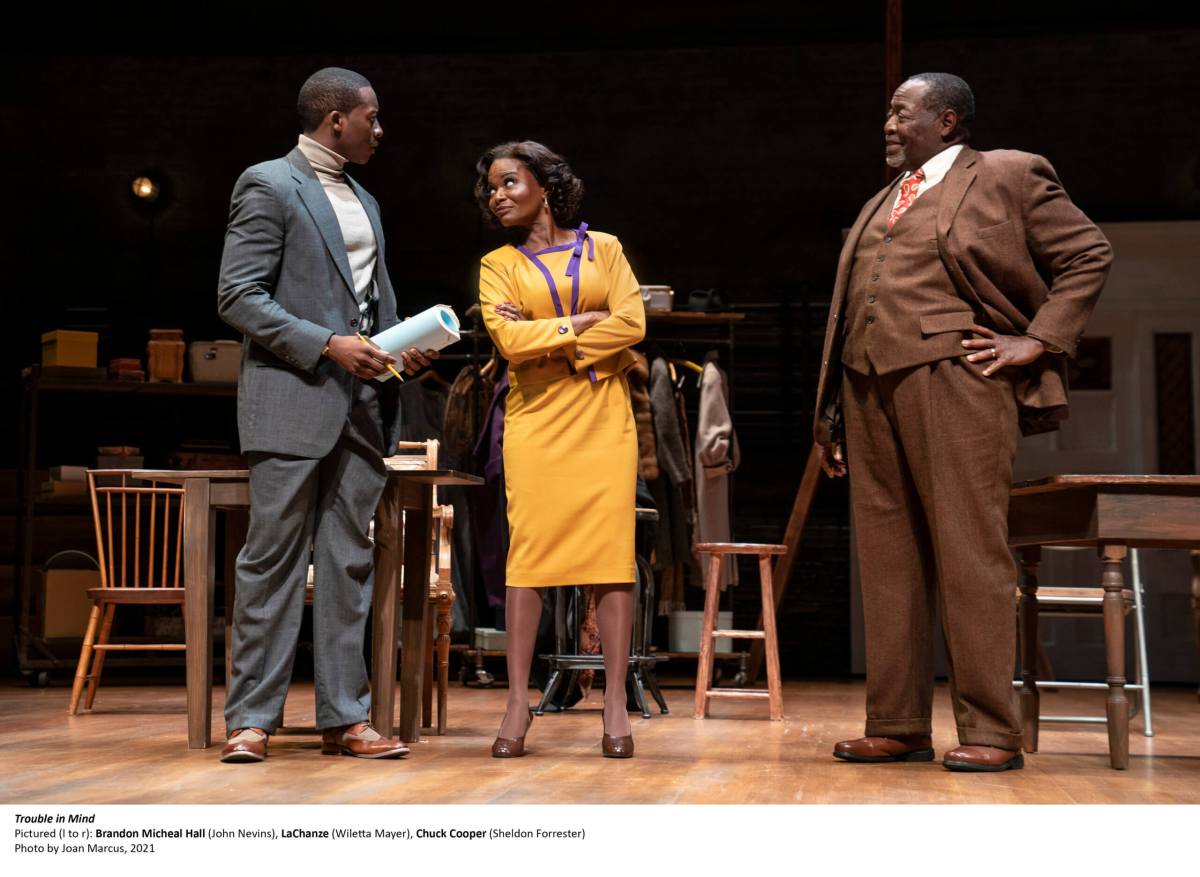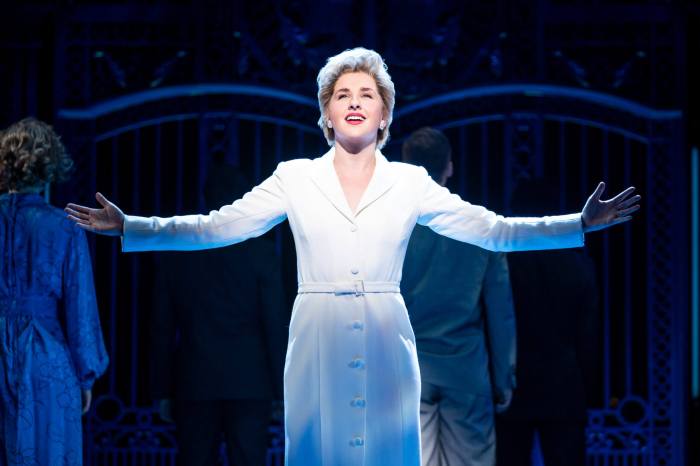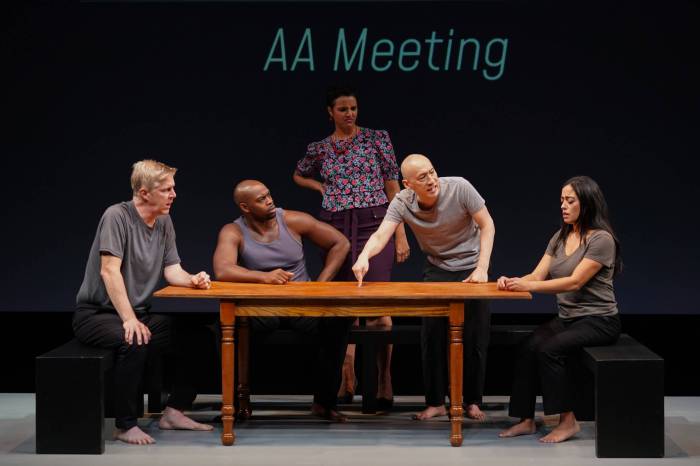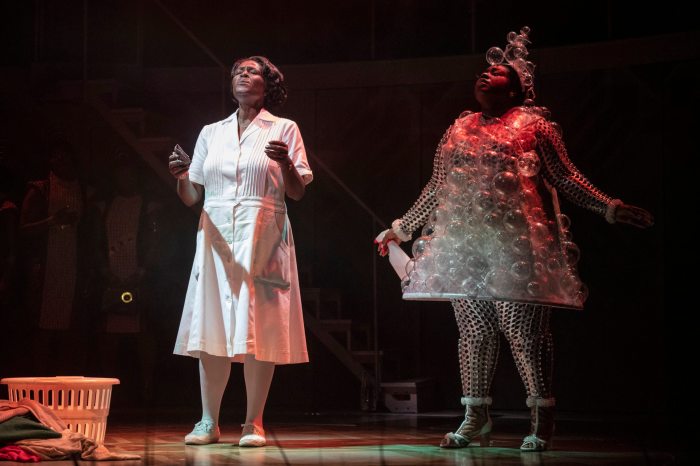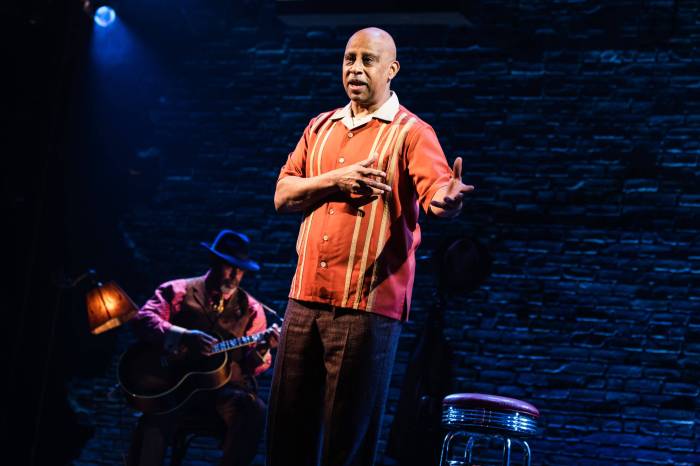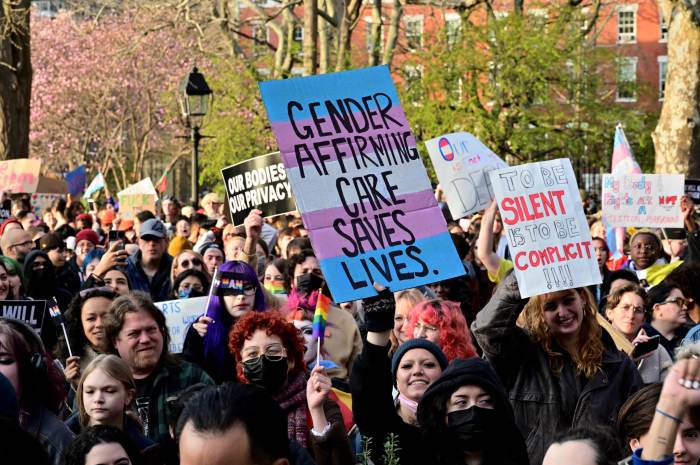Alice Childress’ explosive backstage drama “Trouble in Mind” is finally making its Broadway debut – approximately 65 years later than planned.
A play that pops up in college classes on African-American drama but is little known among mainstream theatergoers, “Trouble in Mind” opened in 1955 at an Off-Broadway theater in Greenwich Village. Childress, who died in 1994, had the chance to bring the play to Broadway in 1957 – on the condition that she tone down the play’s fiery charges of facial prejudice and discrimination. Childress refused and the transfer was scrapped. Instead, Lorraine Hansberry became the first African-American female playwright to have a play on Broadway in 1959 with “A Raisin in the Sun.”
The first Broadway production of “Trouble in Mind,” produced by the Roundabout Theatre Company, makes for an important addition to a fall season that has been packed with plays by contemporary African-American playwrights including Antoinette Chinonye Nwandu’s “Pass Over,” Ruben Santiago-Hudson’s “Lackawanna Blues,” Douglas Lyons’ “Chicken and Biscuits,” Keenan Scott II’s “Thoughts of a Colored Man,” and Lynn Nottage’s “Clyde’s.”
Stage in a Broadway theater during the 1950s, as the civil rights movement begins in earnest with school desegregation and the Montgomery Bus Boycott, a cast of mostly Black actors – including veterans Wiletta Mayer (LaChanze) and Sheldon Forrester (Chuck Cooper) and the fresh-faced John Nevins (Brandon Micheal Hall) – is rehearsing a new social drama about a lynching in the South under the supervision of Al Manners (Michael Zegen), a condescending and self-concerned White director.
The first act of the play is relatively slow and static. However, things pick up considerably after intermission as Mayer, who has spent years in stereotypical “mammy” roles and is eager to prove herself as a dramatic actress, criticizes the play’s depiction of Black individuals as fake, especially her character’s decision to release her son to an angry lynch mob. When Manners refuses to hear Mayer out, she charges him with being prejudiced, leaving her fellow cast members shaken up.
The production, directed by Charles Randolph-Wright (“Motown: The Musical”), is staged in an unnecessarily broad style which ends up compromising the complex characterizations. Zegen is far too hammy. On the other hand, LaChanze is earnest but underpowered towards the end. I could not help but wish I was seeing a stronger production of the play – perhaps directed by Kenny Leon and starring Audra McDonald (who are about to work together on Adrienne Kennedy’s “Ohio State Murders”).
Notwithstanding, “Trouble in Mind” is worth seeing, as it speaks directly to current concerns in the theater industry over institutional and unconscious racism, as seen in the depictions of Black characters (which has led to recent revisions in shows such as “The Book of Mormon” and “To Kill a Mockingbird”) and the handling of disagreements (which has led to the hiring of directors of diversity, equity, and inclusion). “Trouble in Mind” may have waited 65 years to come to Broadway, but it is remarkably on point and on time.
American Airlines Theatre, 227 W. 42nd St., roundabouttheatre.org. Through Jan. 9.



